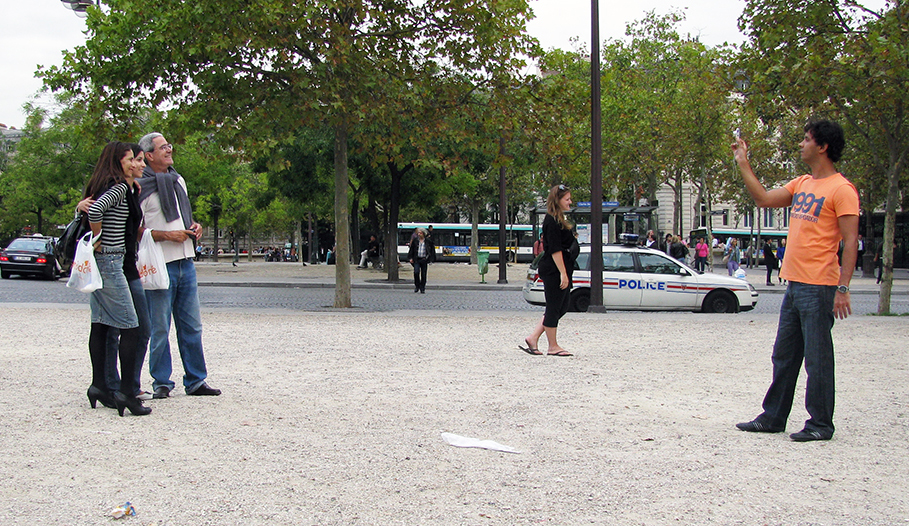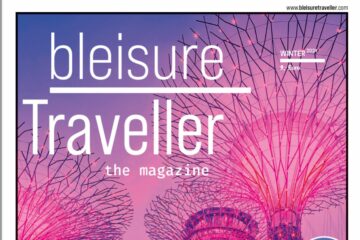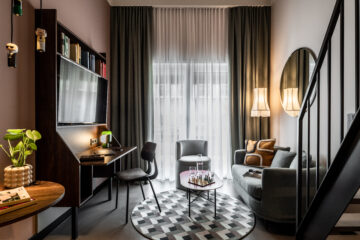“Business travel makes the job more interesting – also because almost 75 percent of business travellers have already taken a Bleisure trip, especially business executives”. Results from “Chefsache Business Travel 2019″
The opportunity to travel for work is an increasingly strong argument for the job, especially for employees in specialist and management positions: in 2017, 26 percent cited business trips as an advantage, in 2019 this was 54 percent. And the higher the position, the more sought-after business travel is. For 58 percent of specialists and managers, business travel is a welcome change, and for 69 percent of managing directors and board members it is even a particularly attractive aspect of their job.
Do more on the go
One reason for this might also be attractive for companies: “Almost four out of ten business travellers have stated that they are more productive on the road than in the office,” says Verena Funke, Country Director at Egencia Germany, citing one strong reason. Longer trips are increasingly preferred – especially among women (77 percent) and for sustainability reasons, according to the study “Chefsache Business Travel 2019”, an initiative of travel management companies in the German Travel Association (DRV).
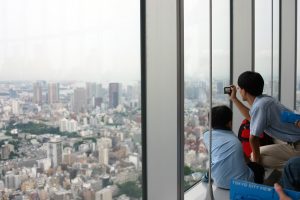
Bleisure as a job upgrade
Employers can therefore now use business trips to motivate their employees and attract applicants, especially Millenials, who like to travel even more than their older colleagues. Florian Storp, Chairman of the DRV Business Travel Committee and Vice President Central Europe at American Express Global Business Travel, also emphasizes this and also refers to upgrades such as hotel co-determination, which employees perceive as an upgrade when travelling on business, or business class flights. “This also applies to first class train travel (74 percent) and the possibility of extending the trip for private stays (67 percent),” says Florian Storp with regard to the study “Chefsache Business Travel 2018”. “If you don’t have to rush to the airport immediately after your appointment, you’re also more relaxed when meeting with customers, which leaves a better impression”. Knowledge of the country and culture also increases understanding for the customer. “In addition, the company saves money if the employee travels outside rush hours. Ideally, the employee returns to the office well-rested after the Bleisure trip and is more productive, as he or she has been able to compensate for the stress caused by travel,” he says. After all, as Verena Funke also emphasizes, what puts a particular strain on business travelers “is not the travel itself, but problems on arrival, poor organization or unforeseen incidents.
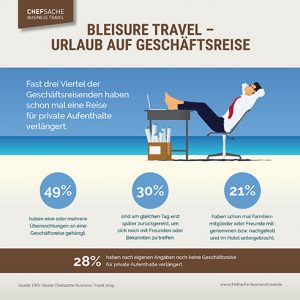
Directors for Bleisure
So, after the business meeting, go to a concert or stay an extra night to meet friends. According to the 2019 study, 72 percent of business travelers surveyed have already combined work and leisure in this way. Especially those who travel for business more than three times a month become Bleisure Travellers (80 percent) – and to a surprisingly high degree also the executive floors: Eight out of ten CEOs combine a business trip with a (short) vacation.
So far, the scope of Bleisure has been varied – be it by departing a few hours later (approx. 30 percent), by spending time with your partner or friends in the same hotel during or after a purely business trip (21 percent) and most frequently by adding one or more overnight stays to the trip to make up for the Leisure Time (approx. 50 percent).
Who pays?
All employer-branding arguments leave the factors of travel costs, accounting, tax law and insurance behind: Florian Storp recommends that travel guidelines clearly specify how long travel time may be extended, who pays for what travel costs and whether employees are insured by their employer in their leisure time.
“In principle, however, there is a willingness to cover any additional costs incurred for private travel extensions,” says Andreas Neumann, Managing Director of Derpart Reisevertrieb, a partner in the DRV initiative Chefsache Business Travel. So far, 55 percent of employees have been willing to pay for the additional hotel nights alone or with a partner. Half of the additional expenses for family or friends are also paid privately. However, only one in three is prepared to pay a higher fare, for example, in order to be able to fly back later. “Business travel agencies can help companies create clear travel guidelines to show employees what is and what is not possible in terms of bleisure travel,” says Andreas Neumann. Above all, however, it is important that business travelers planning a bleisure trip inform their employer.
Sylvie Konzack …

recommends that companies not only clearly define the Bleisure opportunities in their travel policies, but also proactively communicate and promote them as special employee offers. This is the only way to ensure that they are carried out and create the appeal for the job and business trip that encourages people to come and stay.
Photos: Konzack / Graphics: DRV study Chief Business Travel 2019

